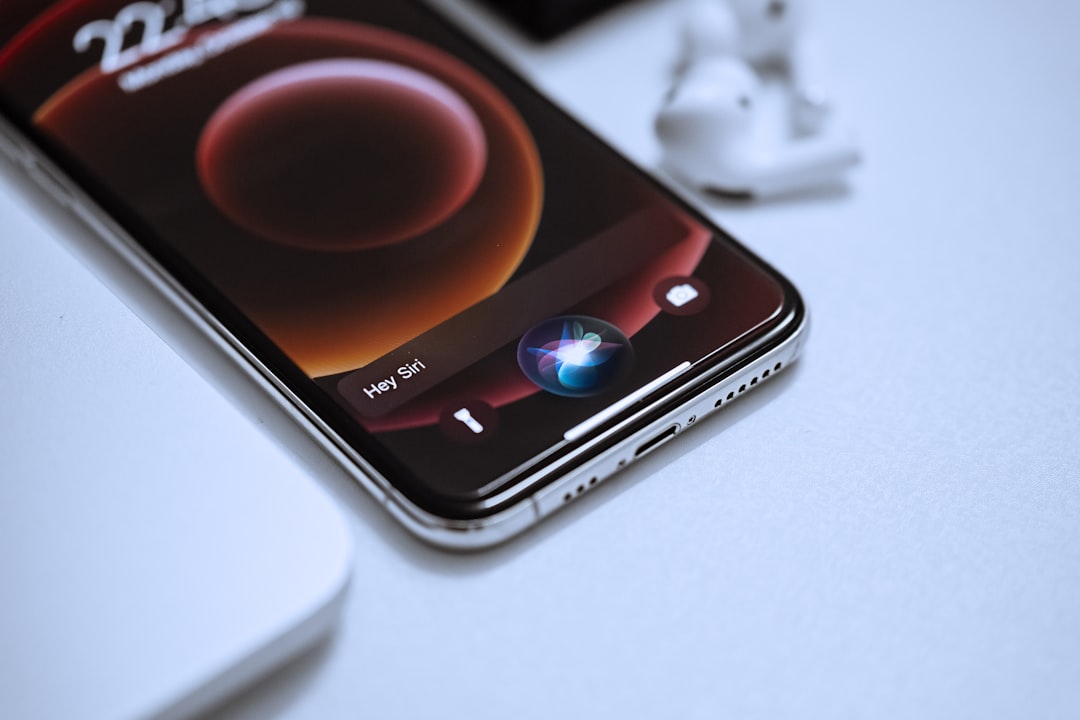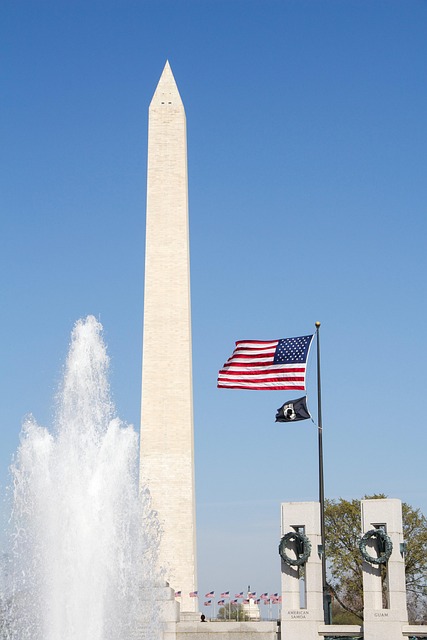As voice-activated smart mirrors gain popularity in the District of Columbia, businesses must navigate complex privacy laws like the TCPA. Engaging a lawyer for TCPA District of Columbia is crucial to ensure compliance with regulations on automated calls and data collection, protecting user privacy, and avoiding legal issues. This includes implementing robust data security, obtaining explicit consent, providing clear opt-out options, and conducting regular audits. Such measures help businesses stay within TCPA boundaries while fostering consumer trust.
“As voice-activated smart mirrors gain popularity in urban settings like Washington D.C., understanding the Telephone Consumer Protection Act (TCPA) regulations becomes paramount. This article explores the unique challenges and considerations surrounding TCPA compliance in the context of this innovative technology. We delve into navigating D.C.’s specific rules, potential privacy concerns, and the crucial role legal expertise plays in integrating smart mirror solutions without infringing upon consumer rights, guided by a lawyer specializing in TCPA District of Columbia.”
Understanding TCPA Regulations in the District of Columbia
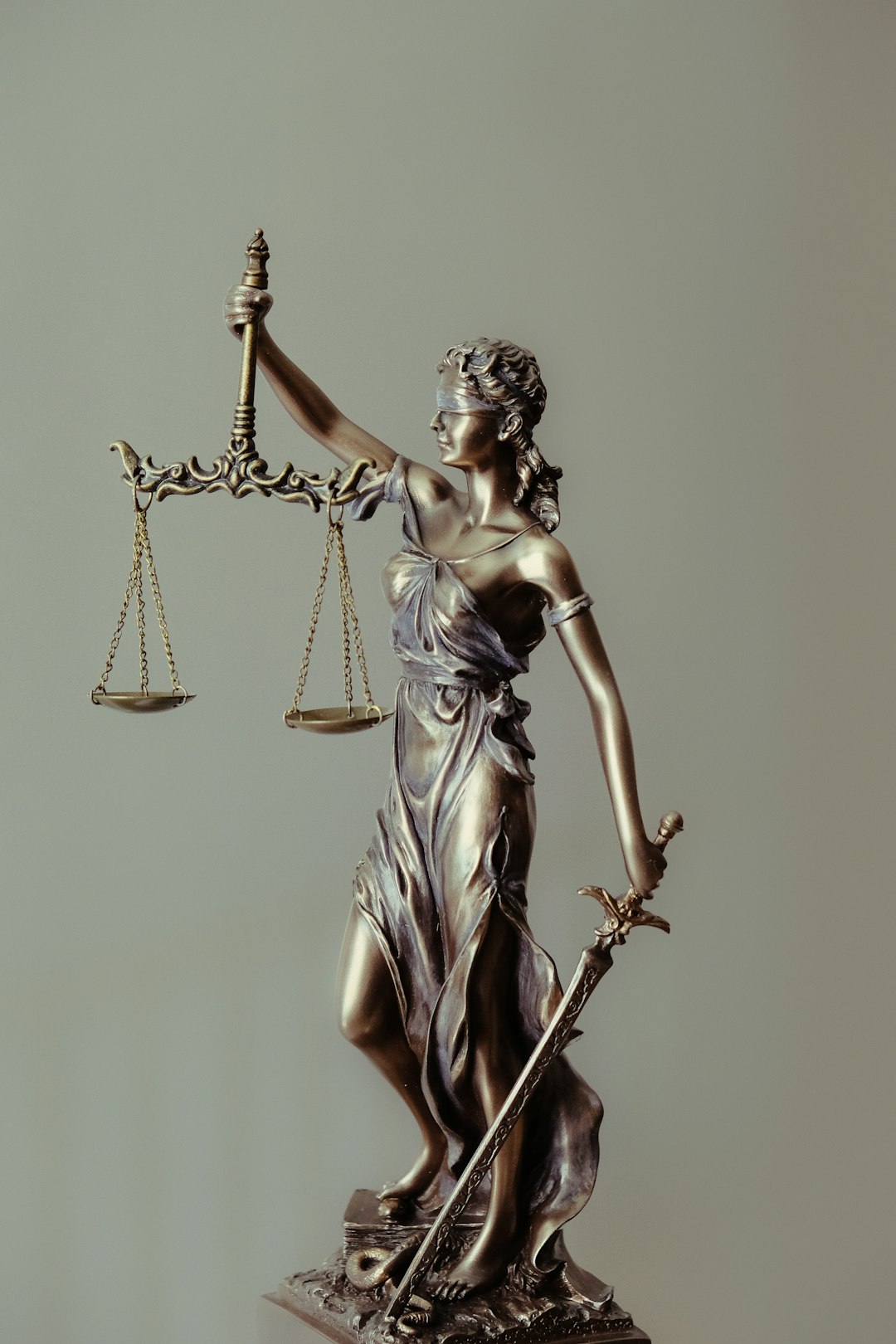
In the dynamic landscape of technology, the District of Columbia has implemented stringent regulations to protect consumer privacy under the Telemarketing Consumer Protection Act (TCPA). As voice-activated smart mirrors gain popularity, understanding these TCPA considerations is paramount for businesses and developers alike. A lawyer specializing in TCPA District of Columbia can provide invaluable guidance on navigating these complex rules.
The TCPA restrictions extend to automated telephone dialing systems and prerecorded messages, ensuring that consumer consent is obtained before any marketing or promotional calls are made. In the context of smart mirrors, this means that any voice interactions or data collection must comply with these standards. Businesses must be vigilant in obtaining explicit permission from users, documenting consent processes, and ensuring their practices align with the TCPA’s guidelines to avoid legal repercussions.
Voice-Activated Smart Mirrors: Unique Challenges and Considerations
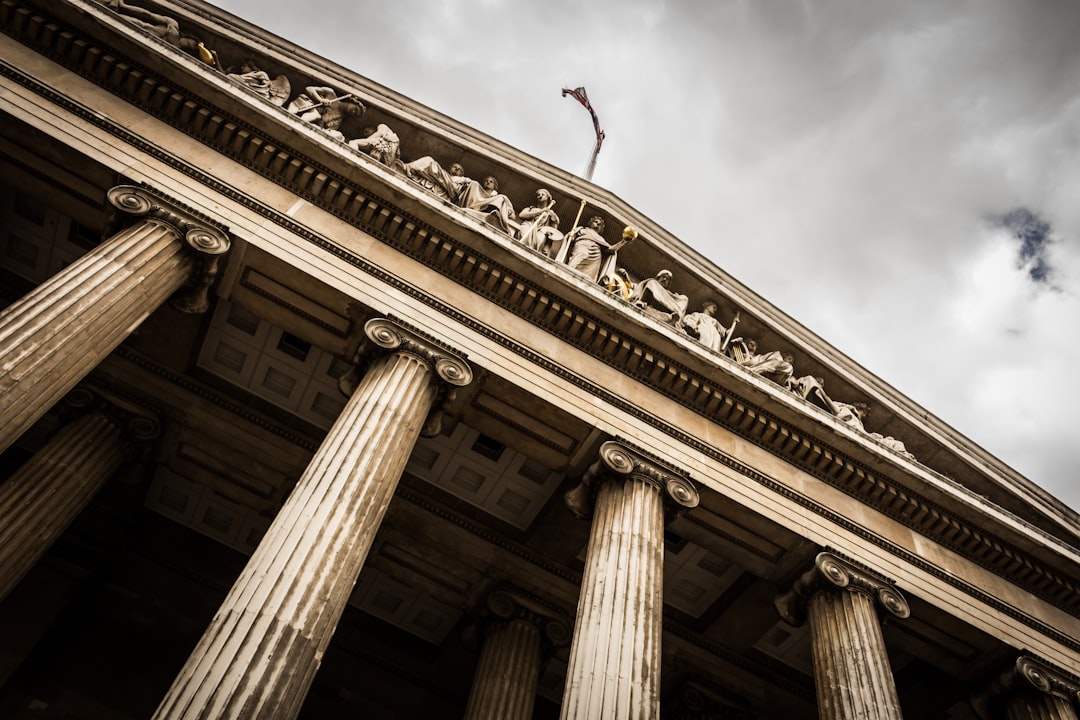
Voice-Activated Smart Mirrors present unique challenges and considerations, especially in the context of privacy and consumer protection laws like the Telephone Consumer Protection Act (TCPA). As these devices become more integrated into our daily lives, ensuring compliance with regulations becomes paramount. One of the primary concerns is the handling of user data and voice commands, which can potentially reveal sensitive information. A lawyer for TCPA in the District of Columbia can guide businesses on implementing measures to safeguard consumer privacy, such as secure data storage, encryption, and obtaining explicit consent for data collection.
Additionally, the interactive nature of these mirrors means that they could inadvertently engage without user intent, leading to unwanted communications. This is a critical issue under the TCPA, which restricts automated or prerecorded calls and messages unless consumers have given their prior permission. Businesses must design their smart mirror technology with these regulations in mind, ensuring that interactions are voluntary and that users retain control over how their data is used.
Compliance Strategies for Integrating Smart Mirror Technology

When integrating voice-activated smart mirror technology in the District of Columbia, businesses must prioritize compliance with the Telephone Consumer Protection Act (TCPA). A lawyer for TCPA in the District of Columbia can guide companies on navigating this complex legislation to avoid costly legal pitfalls. One effective strategy is to conduct thorough privacy assessments and implement robust data security measures to safeguard user information. This includes ensuring that smart mirrors only collect and store data necessary for their functionality, with clear opt-out mechanisms for users.
Moreover, businesses should adopt strict access controls and regular security audits to protect against unauthorized access or breaches. By adhering to these compliance strategies, companies can ensure their smart mirror technology operates within the boundaries of the TCPA while providing a seamless user experience.
The Role of Legal Expertise in Navigating TCPA Complexities
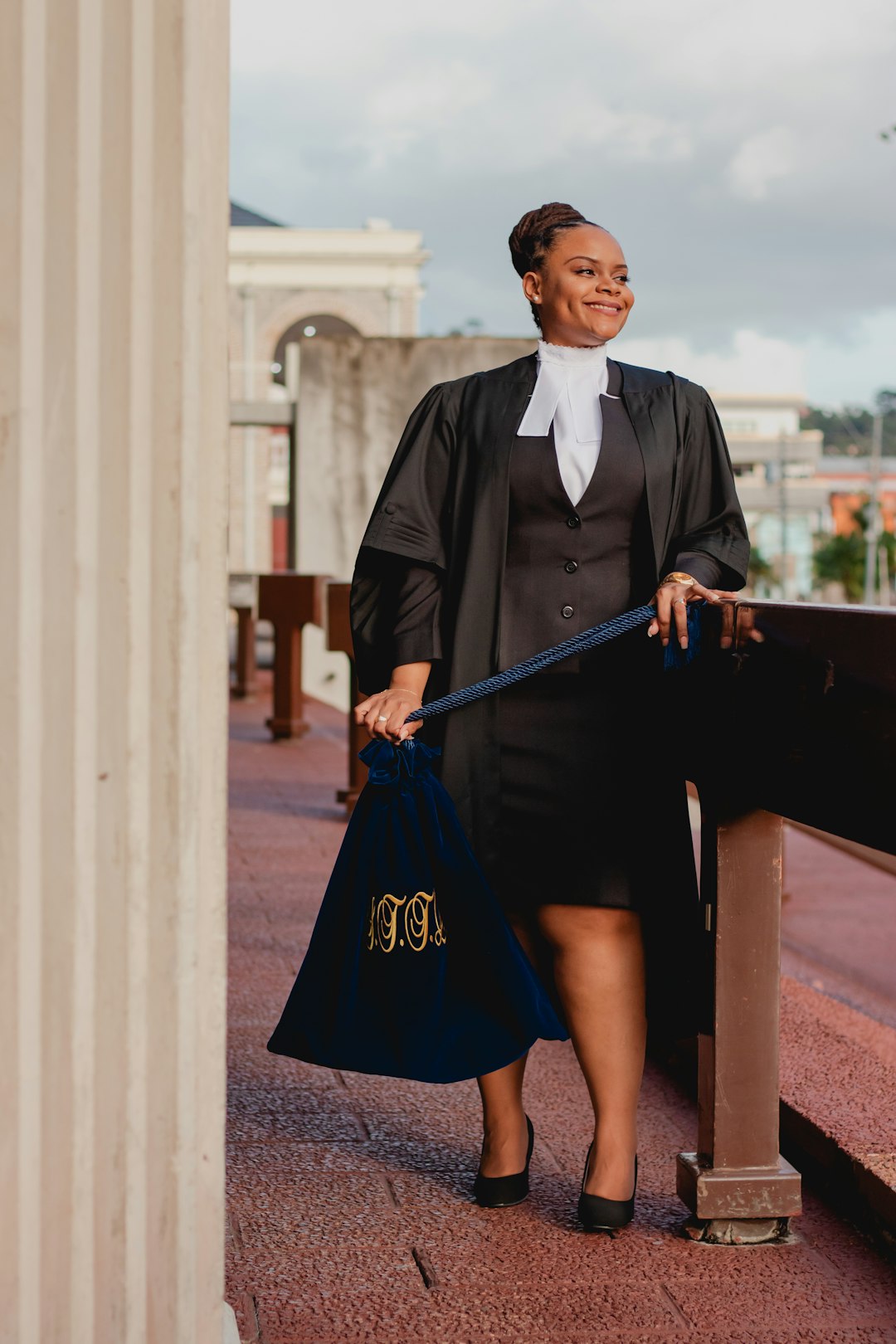
In the realm of rapidly evolving technology, particularly with the advent of voice-activated smart mirrors, legal expertise plays a crucial role in navigating the intricacies of the Telephone Consumer Protection Act (TCPA). As these innovative devices enter the market in the District of Columbia, ensuring compliance with consumer privacy laws becomes increasingly complex. A lawyer for TCPA in the District of Columbia is essential to help businesses and developers understand and adhere to the legal framework surrounding automated telephone communications and data collection.
The TCPA was designed to protect consumers from certain types of marketing and telemarketing practices, but its interpretation and application can be labyrinthine. Legal professionals specializing in this area have an in-depth understanding of how courts have interpreted the law over time, enabling them to provide guidance on issues like consent management, do-not-call lists, and data privacy rights. They help ensure that voice-activated smart mirrors comply with TCPA regulations, avoiding costly legal repercussions and maintaining consumer trust.
